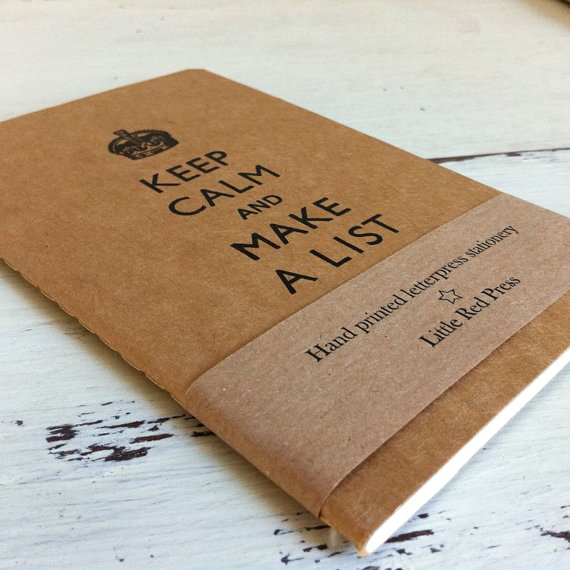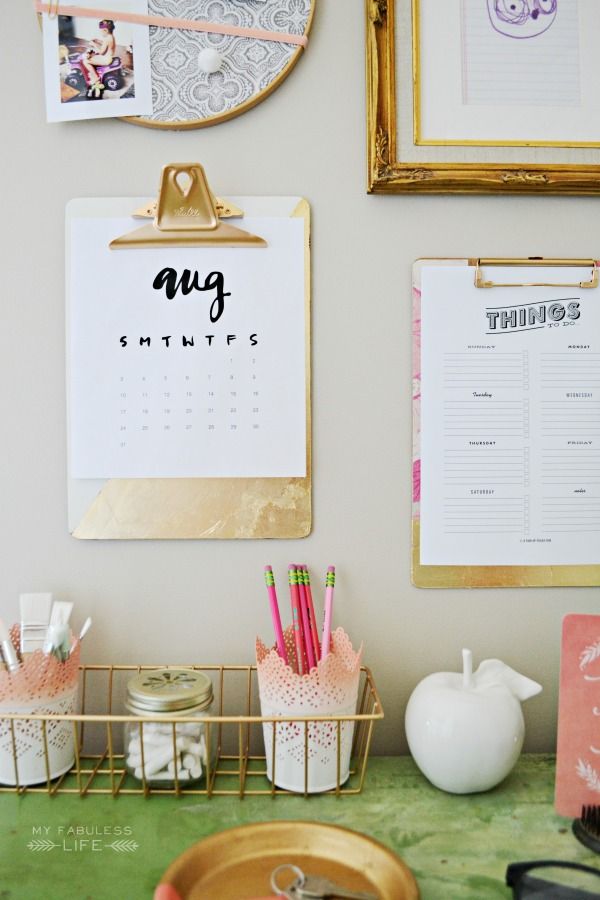
Posted by Gwyn MacDonald
Lately I’ve noticed that my memory isn’t as sharp as it used to be and that little bit of stress that usually helps to finish the project starts earlier, lingers longer then I would like and seeps into my daily life. I finally realized there’s just too much in my brain vying for my attention and at times the mundane tasks and the very important ones gets all jumbled together, with none coming out the winner. (Weird sleep patterns are also a factor… but that’s another blog post!)
Now I’m not alone in feeling these things. According to Daniel Levitin, author of “The Organized Mind”, we take in five times as much information in a single day today then we did twenty years ago. There are thousands of t.v. channels and YouTube videos to watch, 40,000 or so items in the supermarket(only 150 or so that we actually need or consistently purchase!), emails and advertisements galore, txts, tweets and endless pieces of junk mail screaming at us daily. And all this on top of the things we need to get done for our family, work and selves. No wonder we feel distracted and stressed out!
I heard Levitin and two other guests talking about organization and the mind last autumn on a great broadcast of Voices in the Family. It inspired me to add his book “The Organized Mind” to my wish list for Santa. It’s a great read about organization in general but mostly about how the mind organizes the internal and external worlds. Why we create categories for things, how easily distracted we are and why, and some of the science behind why we lose our keys and get distracted and how to use our brain’s natural tendencies to help us better organize our lives.
One of the main themes of the book talks about freeing the mind from as many distractions (emails to read, projects upcoming, Grandma’s birthday) as possible and externalizing them in the material form. All of you list makers out there, rejoice! Writing it all down is not a new concept in any way, but Levitin talks about the research behind why it works. Our brains can really only focus well and effectively on three things at once. When we keep adding to the list in our minds, attention jumps all over the place never giving the full attention required to the task at hand. And Levitan says portions of our brain have “novelty bias, meaning that it’s attention can be easily hijacked by something new -the proverbial shiny object we use to entice infants, puppies and kittens”. So this explains why we’ll drop everything when we hear the ping of a tweet or txt message! HA!
There is a grand amount of fascinating information to chew on and many suggestions on how to organize that information in Levitin’s book. It is also funny and very enlightening and we can all relate to much of what he writes about. Give it a read!
I’m starting with the basics (writing it all down) in my own life to re-organize this little mind of mine! Keep you posted!
The idea is to create some structure, using tools to divide your time in the best ways to deal with all of your information. Begin by externalizing all that stuff floating around in your brain! Write it down and get it out of there. Then prioritize it in a list form, or index cards, Ipad, whatever works for you. Then, put it on your calendar! Use this tool to structure your day, your week or month. I already do that for my work schedule, but including the other things(important or trivial) that have to get done in my day or week has been very helpful. Even the no-brainers like “exercise” in the 7:30 a.m. slot gave my morning that structure with a reminder that I often choose to ignore, to my own detriment.
Another thing to think about for the long term is to begin eliminating the things we don’t use, want or need anymore. All of those papers, clothes, etc are distractions and are basically just “stacks of unmade decisions” according to Regina Leeds, professional organizer, author of “One Year to an Organized Life” and a devout fan of the calendar idea above. This one really resonated with me…I have a lot of unmade decisions, it seems! That goes for all of the emails I get from groups I’m interested in but never end up reading. I “unsubscribed” from about 15 of them. If I want the information I can always find it again. That’s the magic of the internet!
Leeds also suggests “setting yourself up to win” when you begin this process of clearing and organizing; eat well, hydrate, good rest, exercise and simple meditations to help you be more focused and in tune with your needs so you can make those decisions wisely.
While I’d love to be organized in a snap, this is a process and old habits die hard, but just shifting a little bit has already helped. Best wishes on your way to a clutter free mind!
Cheers!
*The notebook pictured can be purchased at Little Red Press London.












